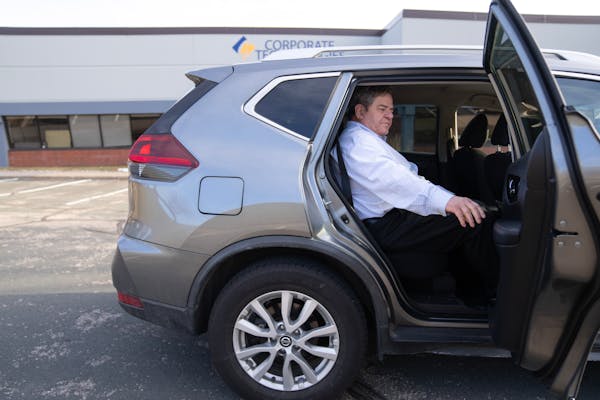WASHINGTON - President Obama sought to blanket the airwaves Sunday with an impassioned defense of his effort to overhaul health care during back-to-back broadcasts of taped interviews on five morning news programs.
In interviews conducted Friday at the White House, Obama acknowledged being "humbled" by the challenge of "breaking through" in the complicated and emotional battle.
"I think there have been times where I have said I've got to step up my game in terms of talking to the American people about issues like health care," he told George Stephanopoulos on ABC's "This Week."
"I've tried to keep it digestible, you know, it's very hard for people to get their -- their whole arms around it. And that's been a case where I have been humbled and I just keep on trying harder, because I, I really think it's the right thing to do for the country."
Beyond health care, Obama also said he will remain skeptical about the need for more U.S. troops in Afghanistan until he is satisfied that the military has the right strategy for winning the war there. And as previously reported by the networks on Friday, he dismissed former President Jimmy Carter's contention that his critics are fueled primarily by racial hatred.
But the interviews were devoted mostly to the battle over his health care efforts. Hewing to virtually the same script in each, Obama voiced a desire for a more civil tone in the debate.
"We all have an obligation to try to conduct this conversation in a civil way. And to recognize that each of us are patriots," he told NBC's David Gregory on "Meet the Press."
Republicans shot back quickly, sending out an e-mail to reporters titled, "IF IT'S SUNDAY, IT'S MISLEADING THE PRESS." In it, the Republican National Committee offered its theory for the president's five-show Sunday blitz: "Desperate To Get Americans On His Side, Obama Continues To Push Falsehoods About His Government-Run Health Care Experiment," the release read.
In the interviews, Obama portrayed himself as willing to take politically difficult positions, citing his move to pursue alternative dispute resolutions in cases of medical malpractice. "That's not popular in my party," he said.
However, many physician leaders have complained that the administration's $25 million grant program falls far short of the aggressive changes they seek, including a cap on legal awards to injured patients.
On Tuesday, the Senate Finance Committee begins action on a bill drafted by panel chairman Sen. Max Baucus, D-Mont.; 564 amendments are queued up. Several Democratic lawmakers said they hope to change a provision in the Baucus bill that would impose a 35 percent tax on high-priced insurance policies provided through employers.
Obama downplayed the impact of the proposal and said he was talking with union leaders who fear their members could be hard hit.
Obama also defended plans to require that every American carry health insurance. He denied repeated assertions from Stephanopoulos that the mandate represents a tax on average Americans.
"You can't just make up that language and decide that that's called a tax increase," a clearly frustrated Obama said. "My critics say everything is a tax increase. My critics say that I'm taking over every sector of the economy. You know that ... I absolutely reject that notion."
In addition, Obama defended proposals to place new fees on the health care industry and to reduce the government payment to insurers that operate Medicare-managed care plans, saying that "they're making huge profits."
